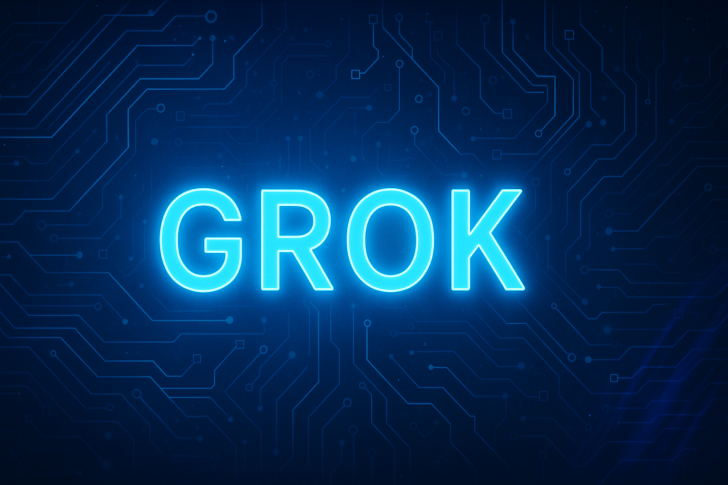American politics and cutting-edge technology are converging in an unprecedented way. Recent reports indicate that President Donald Trump and tech mogul Elon Musk have joined forces to introduce Musk's advanced Grok AI models into the federal government. This ambitious partnership aims to transform how government agencies operate while positioning the United States as the global leader in AI innovation.
The Partnership Details
This collaboration represents a groundbreaking attempt to merge private sector AI capabilities with public administration. Grok, developed by Musk's xAI company, brings sophisticated reasoning abilities and lightning-fast processing to the table. The plan involves rolling out these AI systems across various federal agencies to handle routine tasks, enhance decision-making processes, and cut through bureaucratic red tape that has long plagued government operations.
The initiative signals a major shift toward tech-driven governance, with both leaders betting that artificial intelligence can deliver the efficiency gains that traditional reform efforts have struggled to achieve. Early discussions suggest the technology will focus on automating paperwork, speeding up compliance reviews, and providing data-driven insights for policy decisions.
Key Benefits and Strategic Implications
The potential advantages of this AI integration are significant:
- Operational Efficiency: Government agencies could see dramatic reductions in processing times and administrative costs through intelligent automation of routine tasks
- Global Competitiveness: As China and European nations invest heavily in AI infrastructure, this move helps ensure America doesn't fall behind in the international technology race
- Political Messaging: The partnership allows Trump to demonstrate his commitment to modernization and innovation while giving Musk's technology unprecedented influence in national governance
Potential Risks and Concerns
However, this ambitious plan faces several challenges. Data security emerges as a primary concern, particularly given the sensitive nature of government information that these AI systems would handle. Questions about algorithmic bias and accuracy in high-stakes government decisions also loom large, especially considering Grok's conversational and sometimes unpredictable nature.
Public trust represents another hurdle, as citizens may question whether private AI systems should have such deep access to government operations. Issues of transparency and accountability in AI-driven decision-making could spark significant political debate about the appropriate boundaries between private technology and public service.
Looking Forward
This Trump-Musk AI initiative goes far beyond a simple technology upgrade—it's a bold experiment in reimagining government itself. Success could usher in a new era of AI-enhanced public administration, potentially inspiring similar adoptions worldwide. Failure, however, might reinforce skepticism about relying too heavily on private AI systems for critical government functions and could set back future efforts to modernize federal operations through artificial intelligence.
 Usman Salis
Usman Salis

 Usman Salis
Usman Salis


